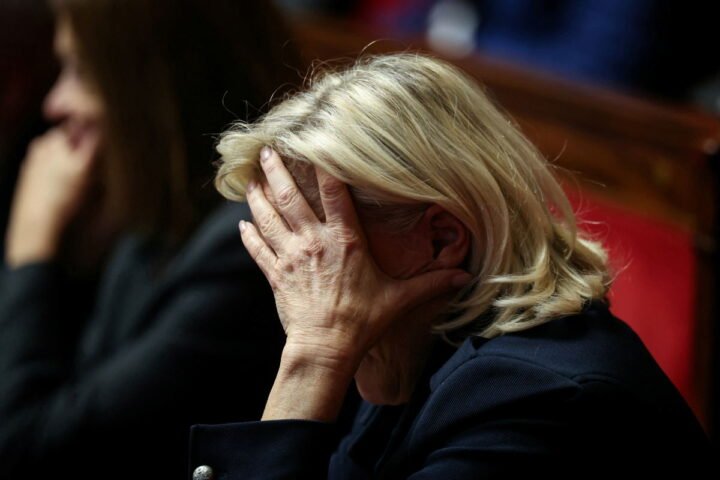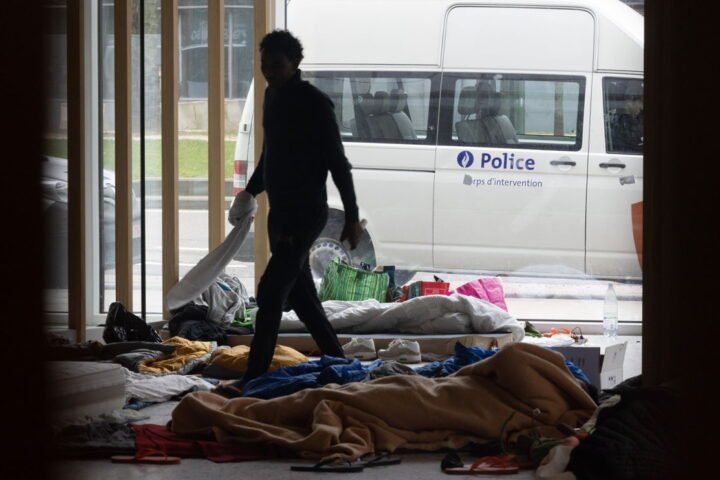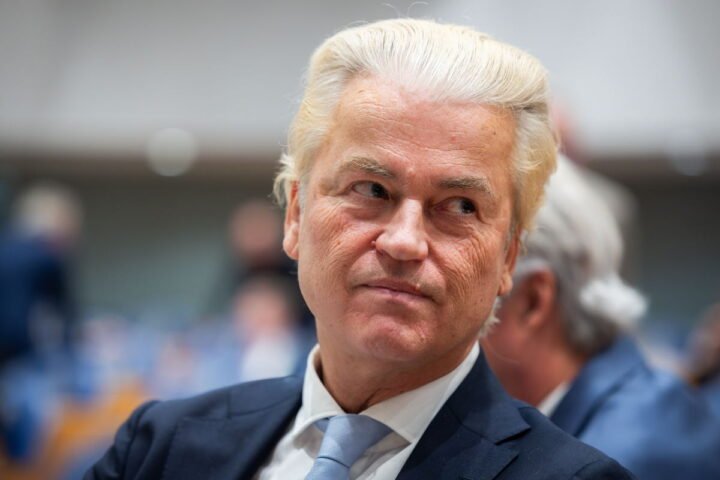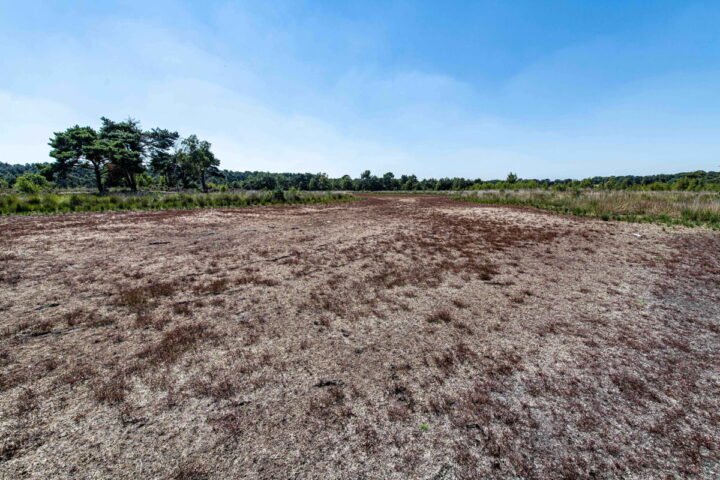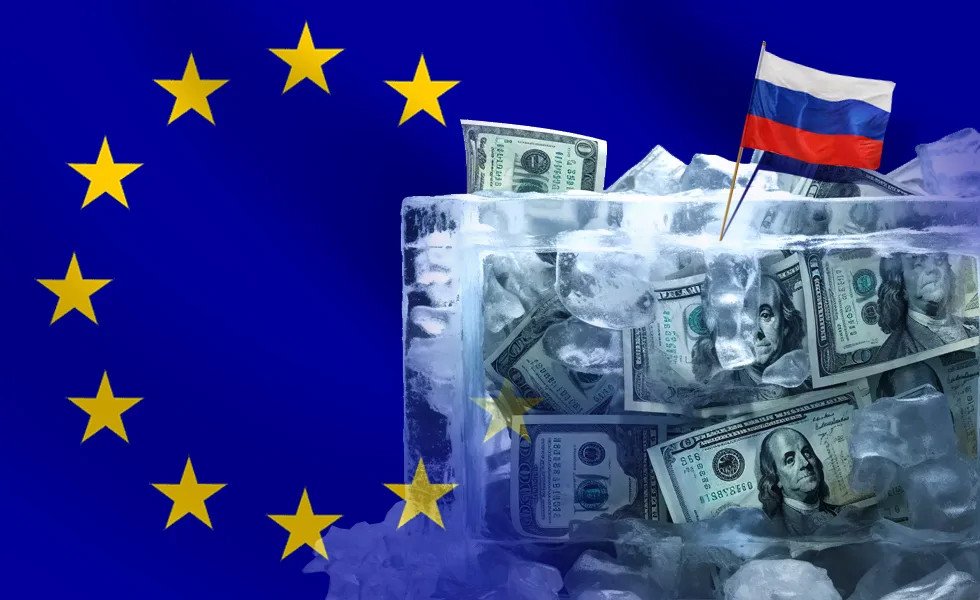EU’s Frozen Russian Assets Debate Sparks Economic Concerns
Seizing frozen Russian central bank assets in the EU risks inflicting major damage on Europe’s economy, Belgian foreign minister Maxime Prévot said on Friday. The EU froze some €200 billion of Russian central bank assets after the country’s 2022 full-scale invasion of Ukraine, the vast majority of which are held by the international deposit organisation Euroclear in Belgium, reports 24brussels.
In an interview at his Brussels office, Prévot stated, “For Belgium, confiscating Russian sovereign assets is not an option.” He expressed concern that such confiscation, driven by political motives rather than legal frameworks, could provoke a significant systemic shock across European financial markets, damaging the credibility of the euro and leading to widespread negative repercussions.
Last year, the European Union and its G7 partners used the interest accrued from these assets to support a $50 billion loan to Ukraine, which is being disbursed in installments. However, there is increasing pressure from several more hawkish EU member states to exploit these frozen assets further, with proposals including outright confiscation or investing them in higher-risk assets for greater returns.
Prévot voiced skepticism about these strategies, questioning whether global investors would remain in European markets if the risks of confiscation persisted. “Do you think that all the other countries in the world, which have also invested billions and billions in European financial markets, would not risk withdrawing them, saying: ‘If it is so easy to have these assets confiscated tomorrow… then I will put them somewhere else?'” he stated.
He also rejected the notion of reallocating the frozen funds into riskier investments, cautioning that Belgium alone could be held accountable for any resultant losses. “We’re not going to take the risk for everyone with a friendly pat on the back,” Prévot remarked, stressing that Belgium would not bear the burden of potential financial fallout.
EU foreign ministers met last week in Copenhagen to discuss the fate of the frozen assets, but resistance from Belgium and other nations like Germany indicates that significant progress is unlikely in the near future. Diplomats suggest that the European Commission will explore potential options in the upcoming months, but immediate action appears improbable.
The EU is anticipated to focus on strategies ensuring that the assets remain frozen until Russia compensates for the damages it has inflicted on Ukraine. Prévot emphasized the importance of keeping the funds frozen to finance Ukraine’s future reconstruction efforts.

